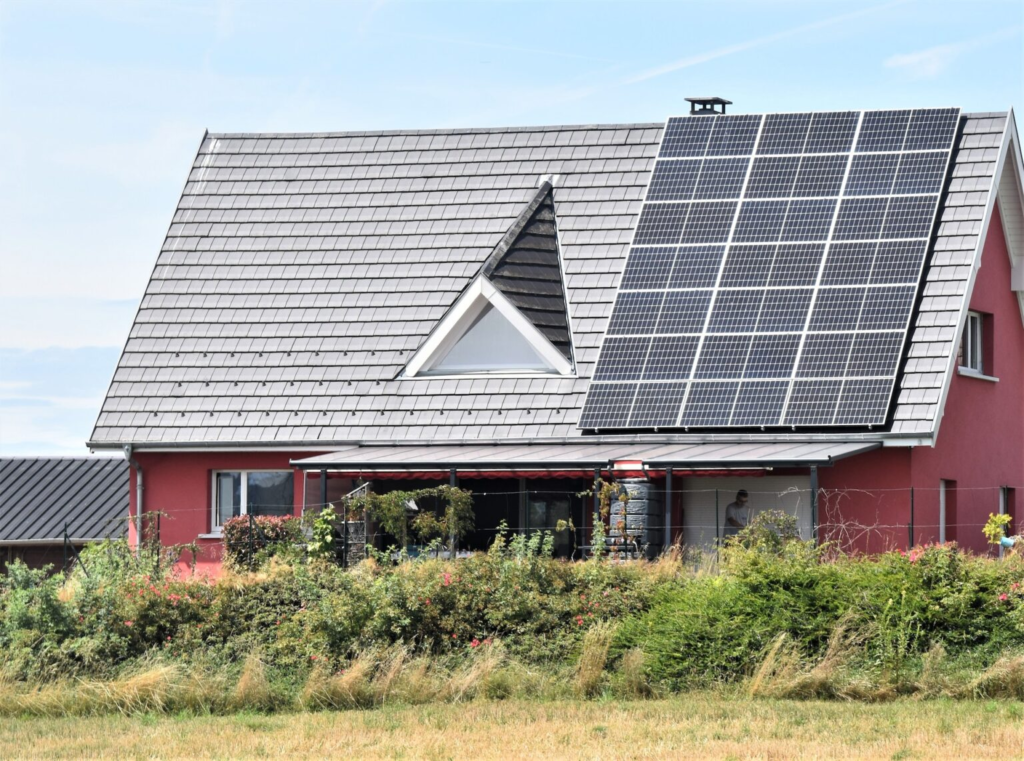
Residential property management is complex and requires multiple moving parts to run smoothly. This can be the telling difference that keeps units occupied and maintained in the right conditions. Whether you’re a landlord or property manager, it can be helpful to get back to the basics and strengthen your fundamentals of property management. That’s why we cover what the responsibilities are for landlords or property managers to gain a clear picture. Furthermore, tips for managing space effectively and compliantly,
RESIDENTIAL PROPERTY MANAGEMENT INSPECTIONS
It’s important you view a rental property annually to ensure the property is in good condition. Furthermore, to ensure there are no obvious signs of damage by the tenant or of other unsatisfactory tenant behaviour, the tenancy agreement should give the landlord’s agents the right to inspect the property with reasonable notice. If the property is vacant, it is important to ensure it is secure, visited regularly, and that insurers are notified.
REPAIRS & MAINTENANCE FOR RESIDENTIAL PROPERTY Management
Landlord obligations for minor repairs & maintenance
Repairs for residential tenancies commonly default to Section 11 of the Landlord and Tenant Act of 1985. The only time repair obligations differ from this is if the fixed-term tenancy is longer than 7 years. Furthermore, if repair obligations are specifically adjusted in the tenancy agreement. Such as making the tenancy a full-repairing tenancy or if the tenant has made certain improvements to the property. Section 11 of the Landlord and Tenant Act of 1985 states that a landlord’s responsibility throughout the tenancy is to maintain the exterior and structure of the rental property. In detail, Section 11 states the following two requirements for landlords:
- Repair the structure and exterior of the building, including roof tiles, gutters, drains, and pipes. This also includes structures such as staircases, bannisters, internal walls, and plasterwork.
- Keep in repair and proper working order the installations for water, gas, and electricity, plus basins, sinks, baths, and toilets. This includes water tanks and pipes, gas pipes, boilers, electrical wiring, radiators, and any other installation for space heating and water heating.
What are the tenant’s repair obligations?
The tenant has a “duty to use the premises in a tenant-like manner”. This means that tenants need to take good care of the property and carry out daily maintenance tasks to maintain the fabric of the building. For example, they should:
- Properly use all gas and electrical installations and appliances.
- Keep the dwelling clean.
- Heat and ventilate the property appropriately.
- Try to ensure drains do not become blocked.
For repair situations that the tenant causes, the landlord is not liable to pay for or arrange the repair. If the tenant refuses, the landlord can recover the cost of repairs from the tenant’s deposit. Furthermore, the landlord is not liable to maintain or repair anything that the lessee is able to remove at the end of the tenancy.
Residential property management considerations for major repairs
A landlord should advise the tenant of any major repairs, construction, or maintenance work due to happen at the property. This could breach the tenant’s right to “quiet enjoyment.” Should you be aware or deemed to be aware, this would give the tenant the ability to take action against the landlord for breach of contract.
How to handle tenant improvements
The landlord should agree to any tenant improvements prior to carrying out the work. Depending on the improvement and if the landlord approves, the tenant would not return the work to the pre-tenancy condition at the commencement of the tenancy. For larger expenditures, such as putting in a log stove, the cost can be agreed upon to be drawn down over a period of time. The improvement would be the landlord’s fitting for the property moving forward. Alternatively, the tenant can take it with them at the end of the tenancy, although they would have to make good and return the condition back to the pre-tenancy schedule.
Deregulation Act 2015
Under the Deregulation Act 2015, if a tenant has reported a repair, then a response and rectification plan need to be in action within 14 days. Otherwise, the tenant can escalate this to the local authority. The local authority can take action and serve a relevant notice.
Residential Property management for apportioning MONTHLY BILLS
In a normal tenancy, the tenant is responsible for outgoings such as gas, electricity, and water bills. Furthermore, telephone, other fuel, and council tax. The landlord will be responsible for outgoings such as service charges and ground rent.
COMPLIANCE CHECKLIST FOR RESIDENTIAL PROPERTY MANAGEMENT
| Compliance | Check/Renew Timeline | Mandatory/Best Practice |
| Gas safety tests | Yearly | Mandatory |
| Smoke alarms | Yearly test | Best practice |
| CO2 alarms | Yealy test | Best practice |
| Chimney Sweeps | Yearly | Best practice |
| PAT testing | As advised, although normally yearly | Mandatory |
| EICR | 5 Yearly | Mandatory |
| Legionella | Once | Mandatory |
| EPC | 10 years | Mandatory |
| Local authority licence | As prescribed by the local authority | Mandatory |
| Right to rent | When a time-limited right to rent ends | Mandatory |
For more information, go to our post giving the full compliance requirements for residential rental property.

RESDIENTIAL PROEPRTY MANAGEMENT CONSIDERATIONS WHERE A TENANT DEFAULTS
Where a tenant is in breach of the terms of the tenancy agreement, for example, by failing to pay the rent or persistently paying late. Other incidents would be damaging the property or contents by unlawful use of the property or creating a nuisance to others. In these situations, the landlord can serve a formal legal notice requiring the tenant to correct the situation within two weeks. If the tenant fails to respond adequately within that time, then possession proceedings can start. The details haven’t been confirmed yet on how this will work once the Renters Reform Act is introduced. Although current signs suggest this, they will still be able to gain possession of their properties if these situations occur.
A tenant who is in default will likely submit a counterclaim to the court. For example, highlighting defects in the property or a lack of maintenance or repairs. These counterclaims make possession proceedings complicated and expensive. It also provides delays for the landlord when re-letting the property or recovering arrears or the cost of repairs from a tenant. Who may be unable to pay or difficult to trace, irrespective of the court order.
SALE OF PROPERTY WHILST TENANTED
Selling your investment property while it is still rented is a common requirement. You need to instruct your solicitor to deal with all matters relating to the apportionment of the rent between you and the purchaser. Bearing in mind that the rent might have already been paid to you, where we are managing or collecting the rent, they will also need to be aware of the date of sale and apportionment. The deposit will continue to remain protected within the Tenancy Deposit Protection Scheme that was set up at the tenancy commencement.
INSURANCE PROTECTION FOR RESIDENTIAL PROPERTY MANNAGEMENT
There are various insurance products you can use for real estate. Insurance policies provide coverage for all possible issues faced by landlords. Whether the issues are with the property, its contents, or the tenant that resides on the property, Insurance policies include rent and legal protection, building insurance, and contents insurance. Depending on your requirements, it is possible to have just contents insurance or just buildings insurance. Although building insurance is a requirement to take out a mortgage, proof is required before the loan is accepted. For content insurance, a tenant should typically have their own contents insurance. A landlord would take out contents insurance if the property was let furnished, for instance. A good place to compare covers is at Compare the Market.




